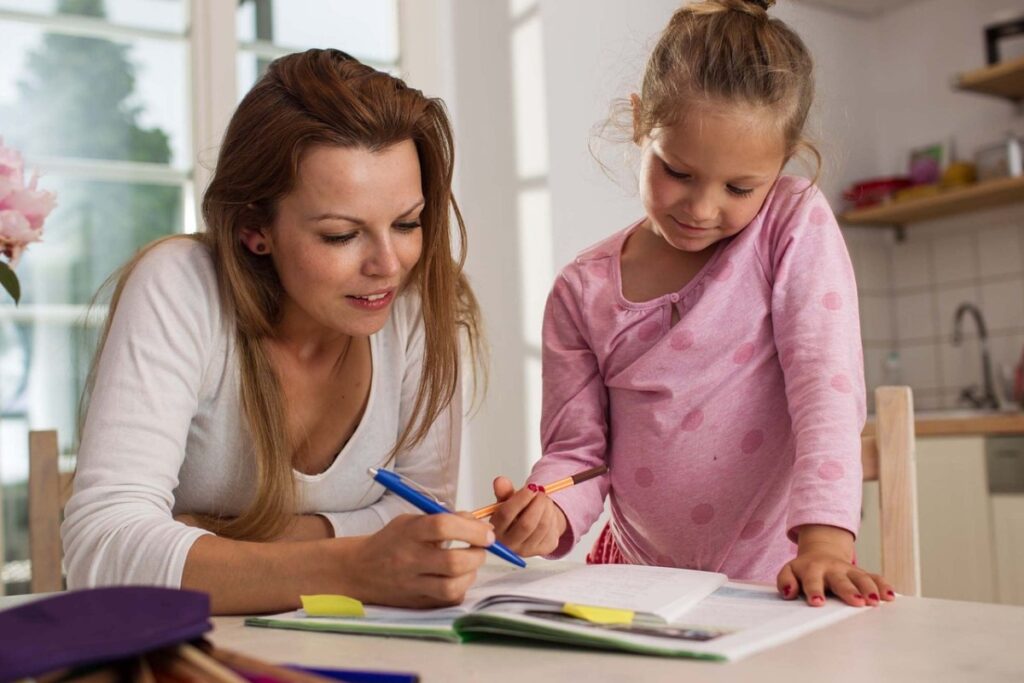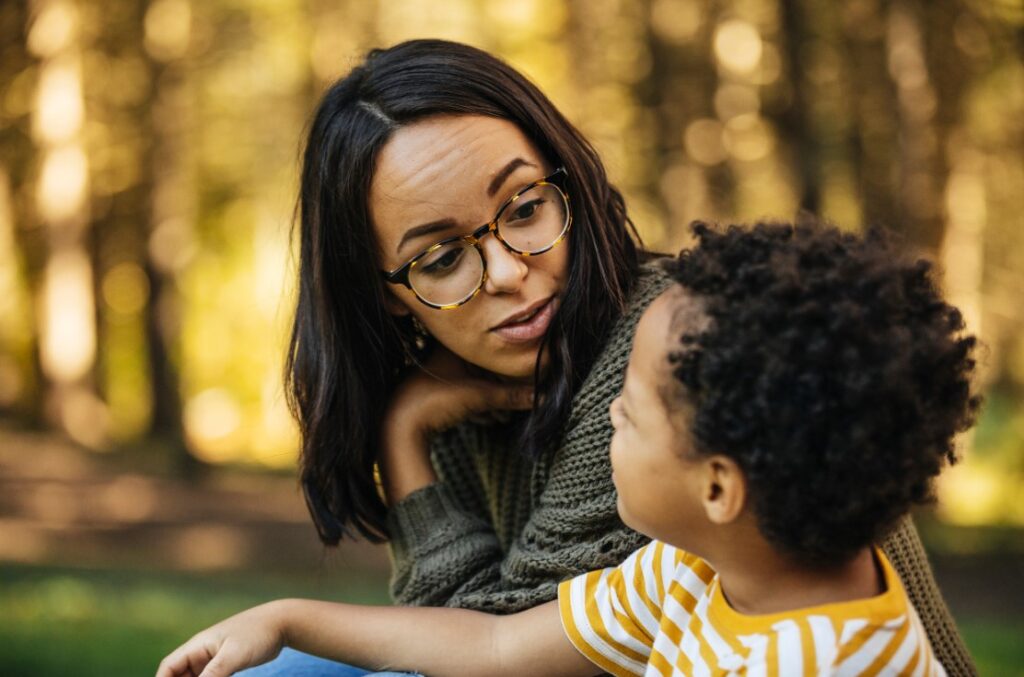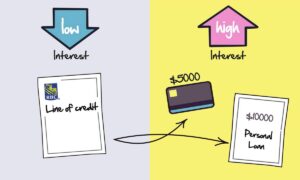Confidence encourages students and helps them trust their ability to tackle anything that comes their way. It’s essential to teach them about confidence early so that they’ll grow into fulfilled and well-adjusted adults.
Why is instilling confidence significant at an early stage? For one, they don’t quit easily at the slightest misfortune if they have confidence. They know that challenges might exist, but that shouldn’t stop them from achieving their goals and objectives.
Additionally, you help boost your kiddos’ self-esteem when you teach them confidence. This makes them avid learner who trusts in their learning capabilities and skills.
With that in mind, below are some of the best ways to introduce such attributes to your young student to raise confident and capable learners. Read on to learn more.
1. Nurture Their Interests

Source: wehavekids.com
Giving learners an environment that supports your youngling’s learning interests is ideal. The learning environment should help them discover, try, and evaluate their decisions. Visit sites like littlescribblers.com.au for more insights and ideas on encouraging your kids to explore their interests – identifying a sense of identity is vital in confidence-building.
For instance, if your student loves to play with truck toys, their interests could develop an urge to become a mechanic later on. Hence, it’d be best to buy a disassembled toy and let them assemble it independently. With frequent practice, they’ll polish their skills and could grow an interest in pursuing mechanics as a career in their later years as a grown up.
There’s a high chance that your students will thrive on activities they find interesting. So, it’s an excellent approach to nurture their interests early on because it helps them explore and utilize their capabilities.
2. Give Them Leadership Responsibilities
Giving your child responsibilities at an early age is another helpful experience. For instance, you can let them lead class discussions and organize debates. The act of standing in front of the class to address their classmates is a challenge that could boost their confidence.
Firstly, it’d help build their communication skills. Then, you’ll make them develop the courage to take on leadership roles that can be challenging for them.
3. Embrace Imperfections

Source: christianparenting.org
No one’s perfect. It’d be highly unfair to expect your young student to be perfect at an early stage of their individual development. Furthermore, mistakes are one excellent way to learn. It helps the learner identify what they did wrong and how to avoid making the same error again later on.
Instead of getting upset about the mistake, it’d be best to point out the errors candidly and guide your child to the right way of doing things. Besides, if you’re too harsh when they make mistakes, you’ll instill fear into their young heart, which could prevent them from taking on challenges.
4. Acknowledge Their Accomplishments
Celebrating your student’s achievement is ideal. In early childhood development and learning, it’s essential to recognize accomplishments. It helps children realize what they’re doing best and stick to such practices. You can acknowledge the achievements through a part on their back or encouraging words after completing a task.
A good compliment is a rubber stamp for the excellent work that they’ve done. Furthermore, this should make them feel more excited and confident before taking on upcoming challenges.
5. Encourage Perseverance

Source: sleepingshouldbeeasy.com
Teaching your kid not to give up at the slightest inconvenience is an important life skill. Your student must learn that confidence isn’t all about getting everything right. It’s more of strengthening the resilient spirit inside them that pushes them to keep on trying even after committing failures again and again.
6. Adopt The Think-Pair-Share Technique
The Think-Pair-Share (TPS) is a learning technique that encourages students to work as a team. It impacts the ability of the learners to share their thoughts.
If you want to build confidence in your students, the first step is to help them be vocal about their opinions.
Mainly, the TPS method is applicable to learners with low self-esteem issues. They could be afraid of speaking up or sharing their thoughts with others. TPS encourages collaboration among peers while respecting each one’s individualities, comfort levels, and many more.
Consider the following when implementing the TPS method. First, you can pose a topic, query, dilemma, and others to the learning group in which your child is involved in. Then, your kid and their colleagues can form pairs and share their insights with one another without having the need to face a large group of people.
7. Let Them Ask Questions

Source: today.com
Posing questions is the backbone of learning. From ancient times up to this very day, bright minds have used the art of questioning to push humankind’s body of knowledge forward. In fact, employing questions is one of the most reliable tactics of teaching.
In the micro setting, you ought to encourage young learners to ask questions. Create a non-judgmental learning environment wherein learners are open to raising queries and aren’t looked down upon for their natural inquisitiveness.
As the more knowledgeable other (MKO), it’s your responsibility to heed the queries of your young students as accurately and comprehensively as you can.
8. Avoid Peer To Peer Comparisons
As you encourage friendly competition amongst your learners, beware of making peer-to-peer comparisons. Note that learners differ depending on their learning abilities, speed to grasp concepts, shorter learning attention spans, ability to follow through complex processes, and others. Such differences form the basis of cognitive development.
Peer-to-peer comparisons can develop low self-esteem and insecurities. Instead of peer-to-peer comparisons, you can compare individual results from each learner’s previous work. It helps you learn your learners’ strengths and weaknesses. To add, you’ll be able to gather insights on areas of improvement and provide learning advice accordingly.
Conclusion
Having confidence is vital for learners like your youngling. In fact, it’s said that teaching confidence at an early age has numerous benefits for students. Based on the pieces of information mentioned above, confident learners are sure of themselves, resilient, passionate, and others.
Now, your role as the mentor of very young learners is to allow children to gain confidence and provide learning opportunities that’ll further build up their positive self-esteem, braveness, and so on. To help you out in carrying out such a gargantuan task, the post above lists down different tips you can follow. Keep them in mind, and all the best in your mentoring journey.

















